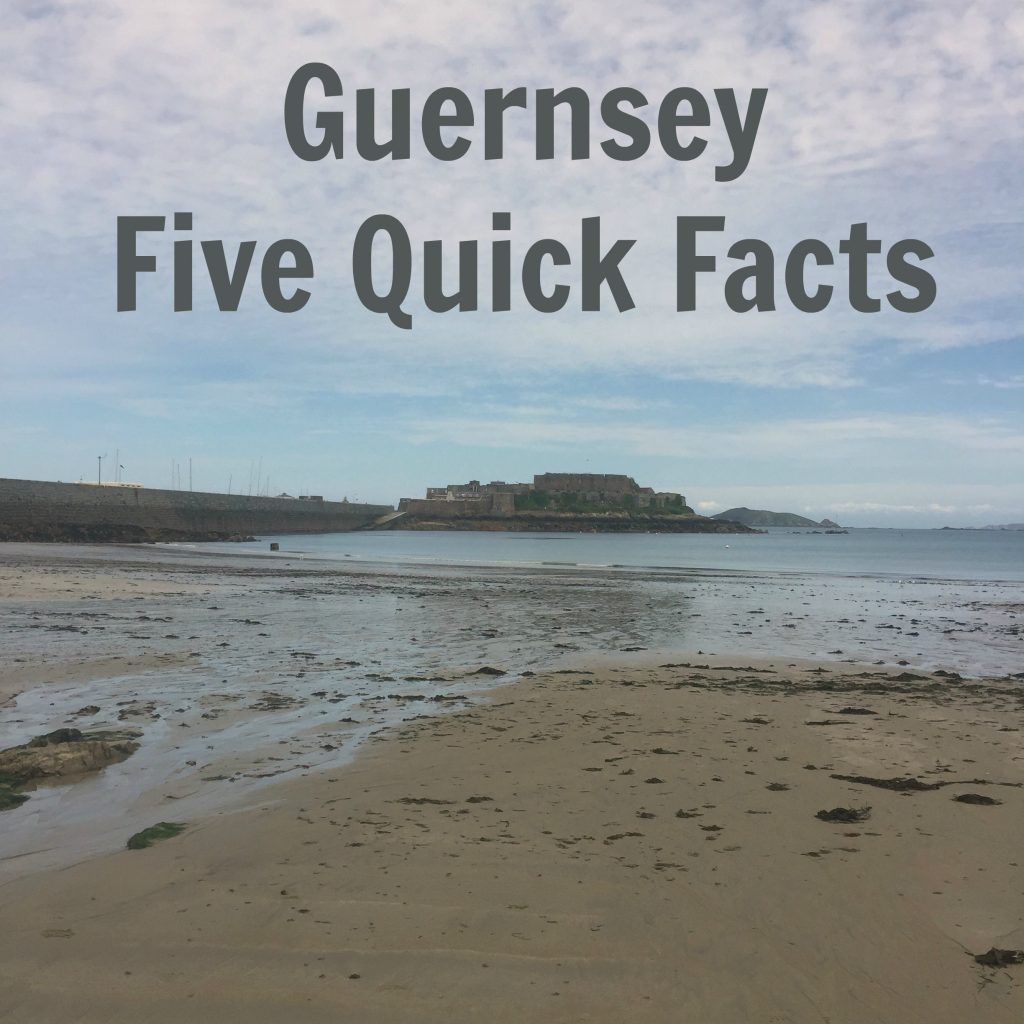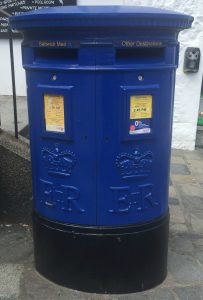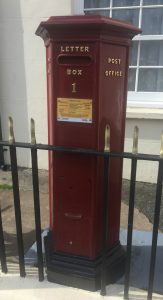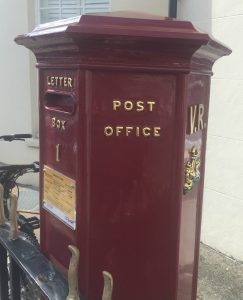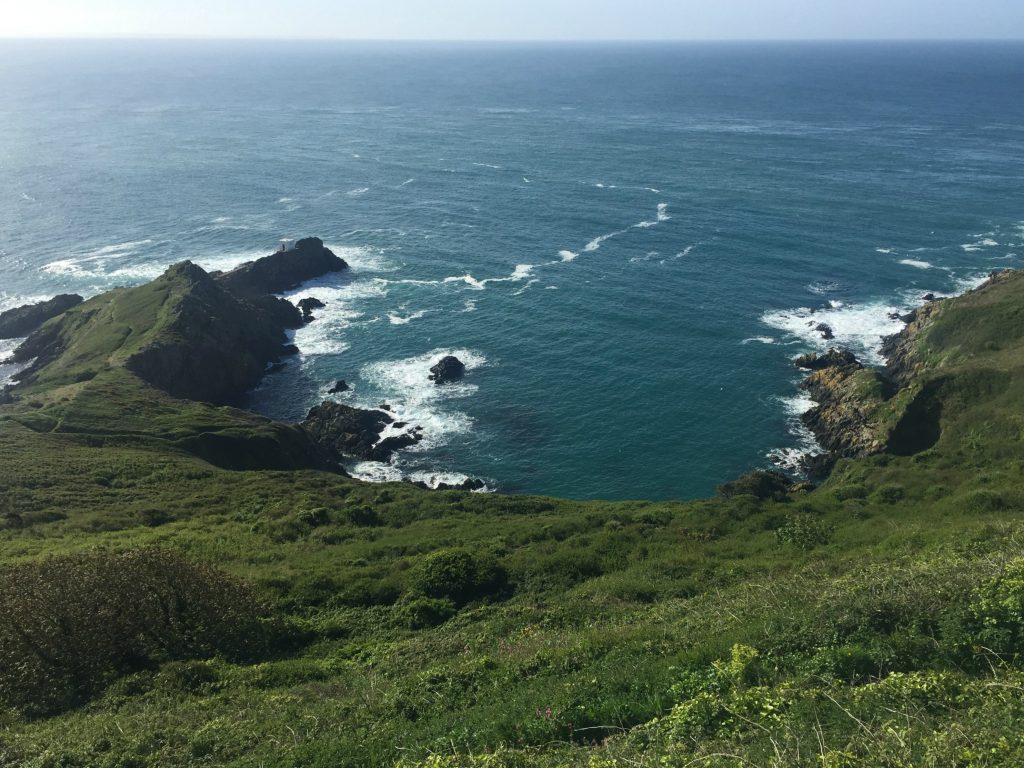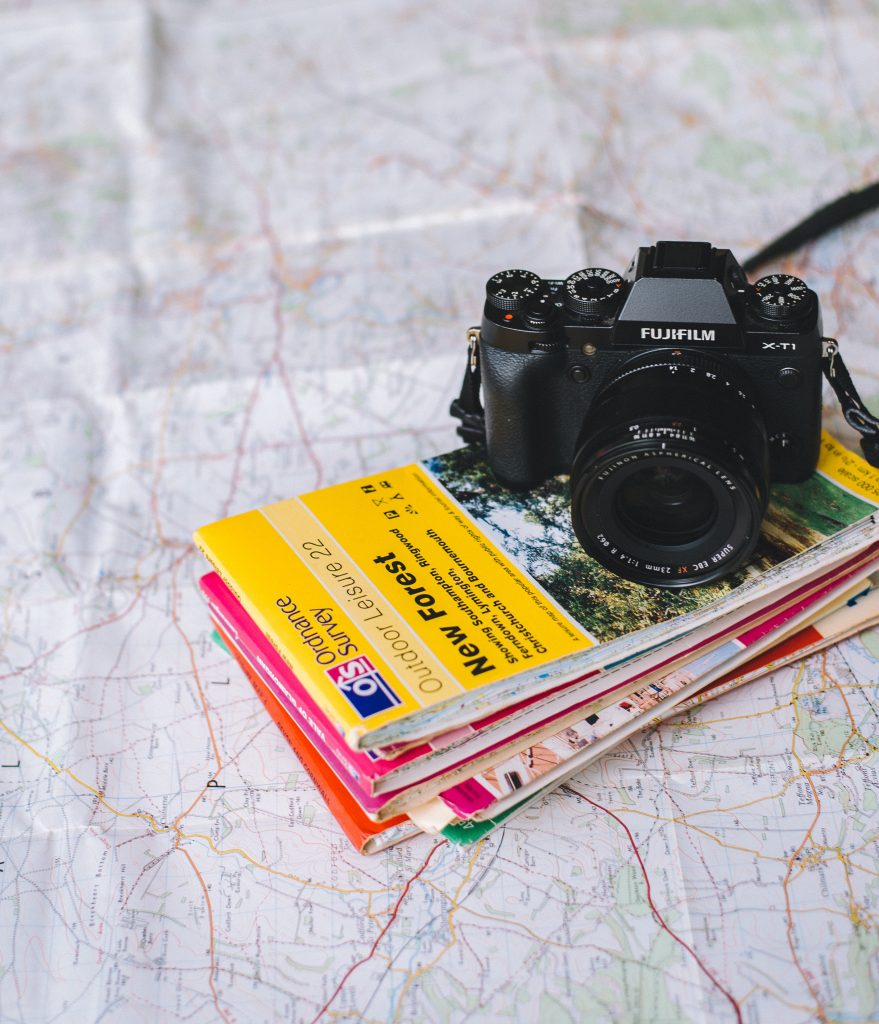With the recent release of the film The Guernsey Literary and Potato Peel Pie Society tourist numbers to this part of the Channel Islands is on the rise. Not everyone knows where Guernsey is though, or much about it. So here are my top five facts that I think everyone should know about Guernsey.
German Occupation of Guernsey
Probably the best known fact about the island, and core to the film, is Guernsey’s occupation by the Germans. The Bailiwicks of Guernsey and Jersey were the only parts of the British Isles to be occupied during the War. The occupation lasted from 30 June 1940 until 9 May 1945, and so 9 May is celebrated as liberation day.
American Mary Ann Shaffer found herself stranded at Guernsey airport by fog and picked up a book about the occupation to kill time until flights resumed. This is what inspired her to write the Guernsey Literary and Potato Peel Pie Society.
Bailiwick of Guernsey
When people say “Guernsey” they assume you’re talking about one island, but the Bailiwick actually consists of four main islands. As well as a plethora of smaller islands. There is Guernsey itself, the biggest of the islands and home to the majority (63,000) of the local population. In comparison, Alderney has a population of approximately 1,900 and Sark 600. Herm (population 60) is part of the Parish of St Peter Port, on the island of Guernsey.
Guernsey, and Jersey are Crown Dependancies. So, whilst they are not part of the United Kingdom, The UK is responsible for the defence and international relations. Each Bailiwick has its own independent laws, elections, and representative bodies.
The Guernsey Pound
Whilst not having a totally separate currency, Guernsey (like Jersey) issues its own bank notes. The Guernsey Pound is linked to the British Pound and you can use either notes in the Bailiwick. Around places like St Peter Port you can find cash machines that distribute British Pounds, but any that are unmarked will give you local notes.
Trying to spend them in the UK will result in blank faces, but go to any bank and they will exchange them back to Sterling for you.
Oldest Postbox
Whilst most postboxes that you find in the Bailiwick are blue (the postal service being run by Guernsey Post) there is one red one to be found. On Union Street in St Peter Port is what is believed to be the oldest pillar-box still in use in the British Isles.
It has been repainted in the livery that it is though to have had in 1852/53, when it was first installed.
Guernsey Sweaters
You may not have needed a jumper at all when we visited, but the Bailiwick is famous for its knitwear. Developed in the 17th century these traditional sweaters were primarily worn by fishermen. A traditional style “diamond” insert under the arms made it easier for those wearing it to move their arms around.
The jumpers had distinctive stitches within the pattern that mirrored things like a sailing ship’s rope ladder, crashing waves and pebbles, stones and sand. Each family had variations on the pattern and many fishermen who were lost at sea were identified by their jumpers.
For more information on Guernsey please visit the local tourist boards’s website and look out on Penny Travels for further posts about our visit there.
